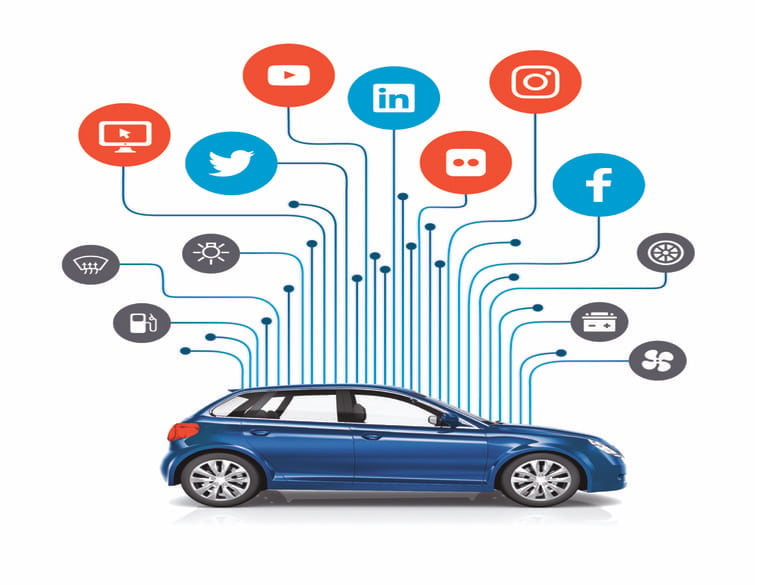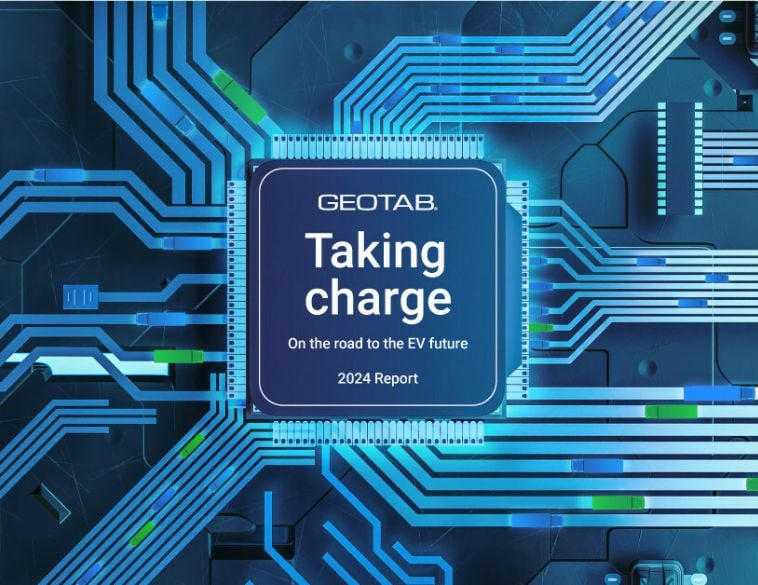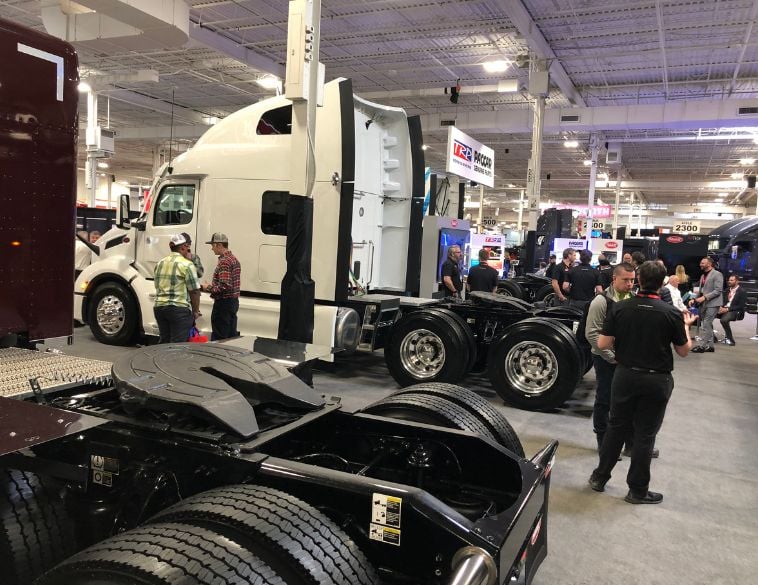Who controls and has access to vehicle data moving forward is pivotal to the future success of the automotive industry.
On April 17, Tesla made headlines when a Model S crashed into a tree and burst into flames near Houston Texas.
Besides the fire taking a considerable amount of time to put out, due to the car’s lithium-ion batteries re-igniting, an even bigger question revolved:
What caused the crash and who owned and had access to the data from the vehicle, determining the cause of the collision?
Based on reports circulating as a result of this incident, it did appear that the two fatally injured occupants were not at the wheel at the time of the crash, as one was found in the front passenger seat and the other in the back of the Model S.
Tesla CEO Musk later tweeted however, that data logs obtained from the vehicle indicate the Autopilot feature was not engaged, which quickly prompted police to issue warrants to retrieve that data as part of their investigation.
A complex process
In situations like this, obtaining a clear answer is critical to establishing what happened, but how to effectively retrieve that information can often be a complex and arduous process.
According to Neil Cawse, CEO of Geotab Technologies, when it comes to vehicles, the concept of data can be a bit of a misnomer.
“The term ‘data’ itself is really too broad,” he says, “and ‘ownership’ as a concept doesn’t readily lend itself to data.”
He cites examples where data generated by vehicle systems have no inherent use or value to the owner of that vehicle and is part of the proprietary engineering from the OEM.
On the other hand, “data generated by the driver including personal vehicle information, should belong exclusively to the vehicle owner or lessee.”
JF Champagne, President of AIA Canada, which represents the interests of the automotive aftermarket, says that modern vehicle ownership should be seen as similar to owning a smartphone or tablet when it comes to data.
When that vehicle is sold or passed on from its original owner to the next, that personal information should be proactively erased before the next person acquires the device or vehicle.
The issue over who controls the data is becoming an increasingly important issue, to the point that AIA Canada has placed its support behind Your Car, Your, Data, Your Choice—an initiative started by the Auto Care Association and Automotive Aftermarket Suppliers Association (AASA) in the U.S. that’s designed to engage vehicle owners, policymakers and other stakeholders regarding vehicle data and its implications for consumer choice.
Operation and maintenance
For fleets, understanding data and who has access to it is becoming increasingly critical, from not only a vehicle procurement perspective but also user operation and maintenance.
Both AIA’s JF Champagne and Geotab’s Neil Cawse believe that the vehicle owner/operator should be the one to authorize consent to vehicle data access, specifically about service and maintenance.
Doing so allows their preferred repair facility and its technicians to diagnose trouble codes and perform repairs properly, instead of having all the data restricted and left in the hands of a few private entities such as OEMs, which potentially could shut out thousands of aftermarket service providers, resulting in a negative impact on many local communities, businesses and the North American economy.
The issue came to the forefront last November when Right to Repair legislation in the state of Massachusetts passed in favour of individual owners and independent shops being granted vehicle data access for servicing and repairs.
Yet while service repair data is one important element, and indeed associations such as Auto Care, AASA and AIA are continuing to bring attention to its importance, collision data access is also another consideration, as witnessed by the Tesla crash mentioned at the beginning of this story.
In those situations, the electronic data recorder and information obtained from it following the collision is automatically the property of the vehicle owner or lessee, according to the 2015 Driver Privacy Act.
“Therefore, the vehicle’s data cannot be accessed by a person other than the vehicle’s owner or lessee who has the authority to choose who they would like to share this data with,” explains Cawse. Though he does note there are certain situations where “legal authorities may be able to gain access to the vehicle’s data to carry out investigations or inspections related to the accident.”
He also notes that there are some cases where this is an exception to this rule, to obtain access to this crash data for research into traffic safety. However, in such situations, the identity and related information of the vehicle owner or lessee cannot be disclosed.
Navigating through
Vehicle data is becoming an increasingly complicated maze to navigate for vehicle owners, businesses and other industry stakeholders and, as vehicle technology continues to advance, is likely to become even more so in the coming years.
What does appear to be evidently clear however and as Cawse notes, is that no matter the vehicle or situation, vehicle data stewardship should not only “protect personal privacy, but also advance data security, as well as ensure fair competition and enable the appropriate use of data-analytics driven by public interest.”
In the case of Geotab, Cawse states that while they provide the ability to integrate data from the OEM and make it available on the Geotab platform:
“Vehicle owners are also given the ability to oversee their vehicle’s data in one portal while also presenting the added benefit of access to the Geotab Marketplace–a portfolio of mobile apps, hardware Add-Ons and software Add-Ins.”
Doing so “enables Geotab customers to further customize their fleet management solutions,” effectively creating a win-win for all stakeholders in the process—something the entire automotive industry needs to consider.



